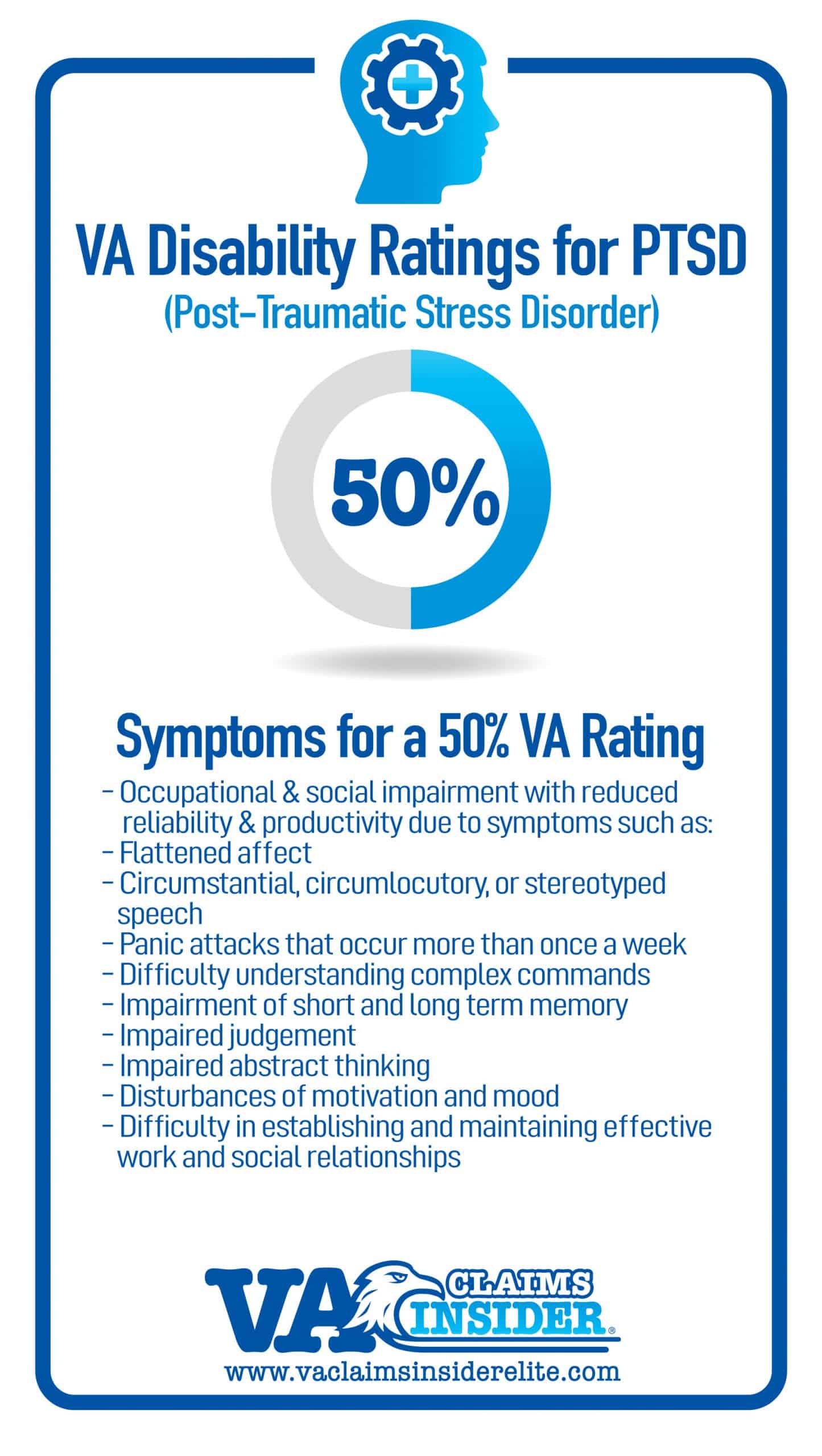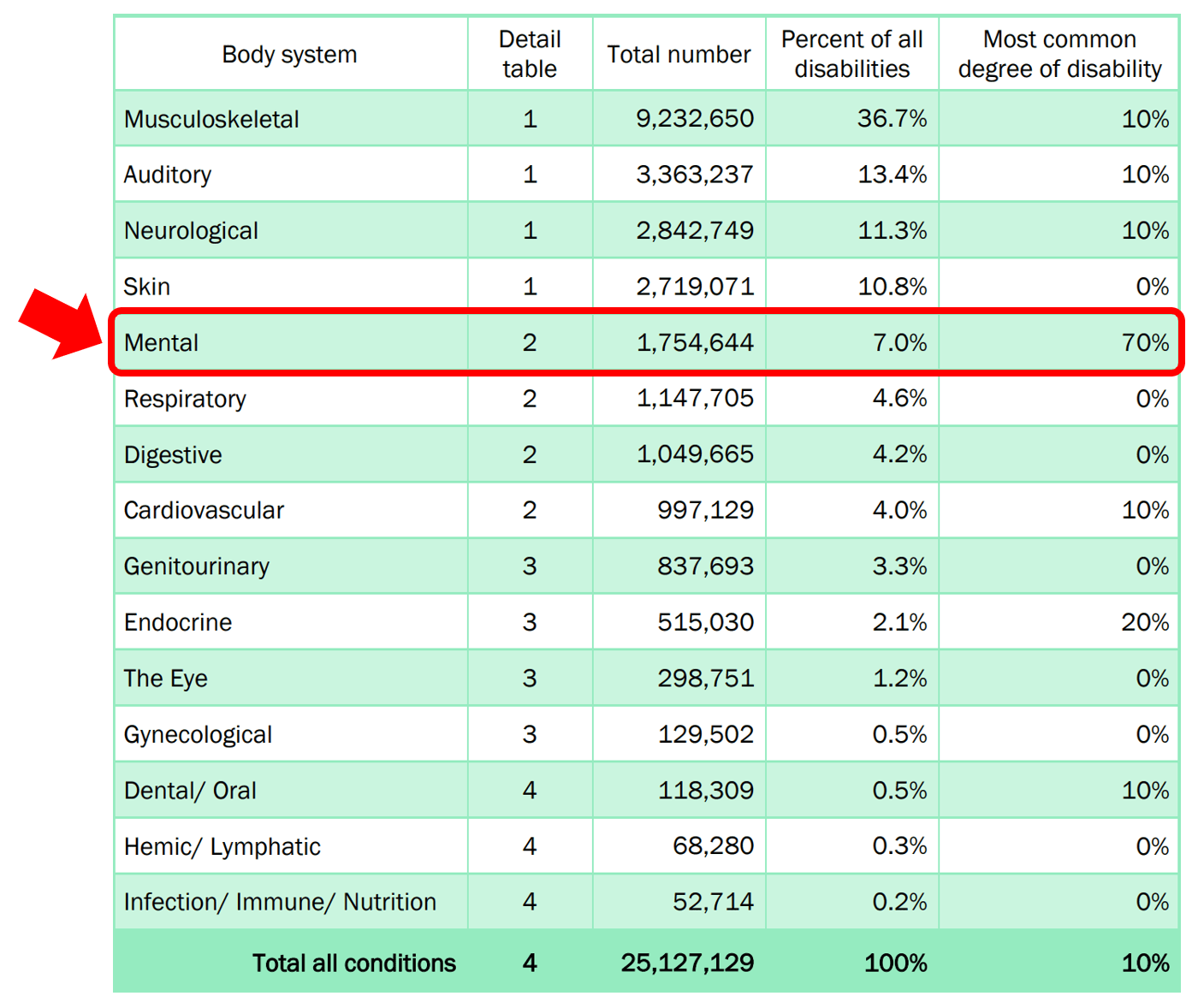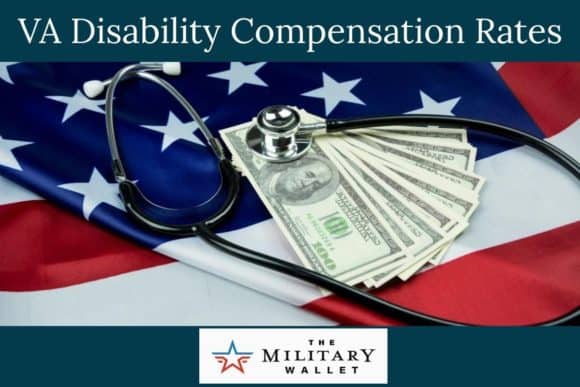What Is Va Rating For High Blood Pressure
If you're searching for picture and video information linked to the keyword you've come to visit the ideal site. Our website gives you hints for seeing the maximum quality video and image content, search and find more informative video articles and graphics that match your interests.
comprises one of thousands of movie collections from various sources, especially Youtube, therefore we recommend this movie that you view. You can also bring about supporting this site by sharing videos and images that you enjoy on this blog on your social media accounts such as Facebook and Instagram or educate your closest friends share your experiences concerning the simplicity of access to downloads and the information that you get on this site. This blog is for them to visit this website.

Normal blood pressure is when your blood pressure is lower than 12080 mmHg most of the time.
What is va rating for high blood pressure. High blood pressure hypertension is when your blood pressure is 14090 mmHg or above most of the time. Your health care provider must fill out the Hypertension Disability Benefits Questionnaire. Its important to note the VA wont accept the form submitted by veterans. The questionnaire states that for the VA disability rating purpose the term hypertension means that the diastolic pressure is predominantly 90mm or greater and isolated systolic hypertension means that the systolic blood pressure is predominantly 160mm or greater with a diastolic blood pressure of less than 90 mm.
When the level of METs at which dyspnea fatigue angina dizziness or syncope. The hypertension VA rating depends on the severity of your high blood pressure. One MET metabolic equivalent is the energy cost of standing quietly at rest and represents an oxygen uptake of 35 milliliters per kilogram of body weight per minute. Below are the ratings that determine your VA high blood pressure compensation according to the agencys Schedule for Rating Disabilities page.
High Blood Pressure is a Silent Killer. Considerable medical evidence has shown that reducing your blood pressure can contribute to a significant reduction in risk for stroke among veterans. 4104 under diagnostic code 7101. What this means is that the rating chart for hypertension listed as Diagnostic Code 7101 specifically looks to see if hypertension is regulated by medication.
60 diastolic pressure predominantly 130 or more. The Code of Federal Regulations CFR describes the rules from the Federal Government. The rating criteria are as follows. The VA using the 38 CFR 7101 Hypertensive Vascular Disease criterion.
0 percent disability rating. The 38 CFR 7101 addresses hypertension and isolated systolic hypertension. According to the VA guidelines you may receive a disability rating of 10 to 60 for hypertension. 10 percent disability rating.
60 if your diastolic pressures usually 130 or higher the top number 40 if your diastolic pressures consistently 120 or higher. Veterans with hypertension can be assigned ratings ranging from 0 percent to 60 percent. VA rates hypertension the same whether service connection is established directly presumptively or secondarily due to sleep apnea. In this case your rating will depend on your blood pressure reading.
The Court has stated that diagnostic code 7101 DOES contemplate the effects of medication. The rating criterion is as follows. The way the VA determines a percentage rating for hypertension depends on the severity of your hypertension. Evaluate cor pulmonale which is a form of secondary heart disease as part of the pulmonary condition that causes it.
As of December 1st 2020 the VA disability rate benefit amounts are as follows. 10 rating When your diastolic pressure is 100 to 109 or your systolic pressure is 160 to 199 20 rating If your diastolic pressure is 110 to 119 or your systolic pressure is 200 or higher. While the Mayo Clinic states hypertension is diagnosed with a systolic pressure of at least 130 mm Hg or a diastolic pressure of at least 80 mm Hg VA regulations require an average systolic pressure of at least 160 mm Hg or an average diastolic pressure of at least 100 mm Hg to receive VA disability for hypertension. Specifically VA uses 38 CFR 4104 Schedule of Ratings Cardiovascular System Diagnostic Code 7101.
According to VA medical research hypertension is one of the most common chronic condition in veterans affecting more than 37 of the veteran population. 20 percent disability rating. Hypertension is rated under 38 CFR.



















